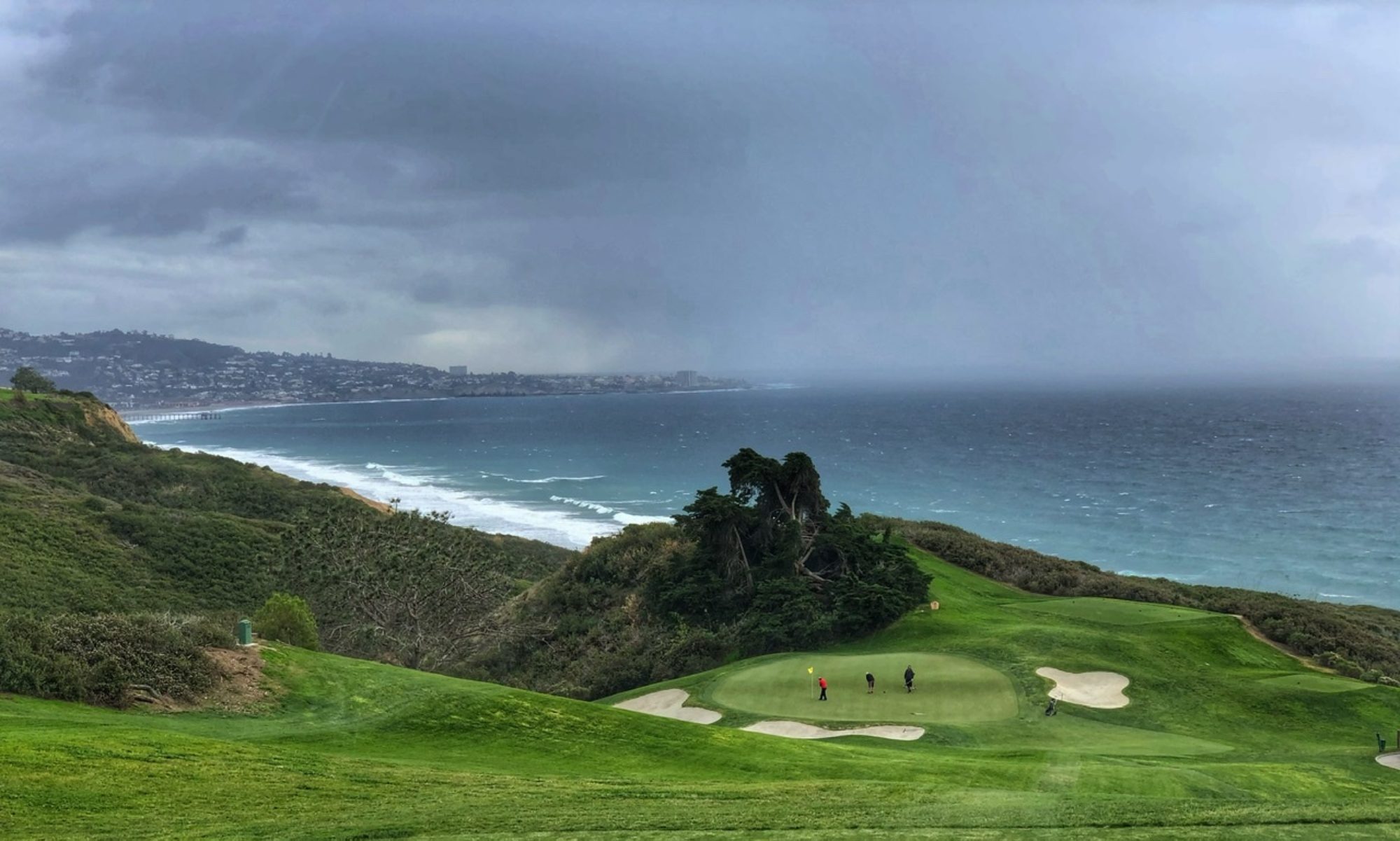As time passes, memories fade, and the essence of who we are and how we came to be becomes increasingly obscure. Recently, thoughts of my father crystallized when my dear friend of many decades paid tribute to his own father at a museum dedication. His father had been a member of the Ghost Army during World War II, a secretive unit designed to deceive the Germans with decoys and sound recordings, diverting attention from combat Allied forces. Their contributions remained classified for half a century, but were recently recognized by Congress, awarding the unit the Congressional Medal of Honor for their role in saving over 30,000 lives.
My father also served during World War II, as a traffic controller in the Army Air Force during the North African Campaign, directing air traffic against Rommel’s Nazi forces. Like many veterans, he rarely spoke of his wartime experiences.
His life was characterized by self-sacrifice. Losing his father at a young age, he supported his mother by working as a soda jerk, scooping so much chocolate ice cream that he developed a lifelong aversion to it. He left for the war as a newlywed, uncertain if he would return to his bride.
After the war, he moved our family to Queens, to a housing development for returning GIs. I grew up in an environment where friends and family were always present. My father was dedicated to us; he attended Little League games, took us on vacations in the Catskills, and celebrated our academic and sports achievements. He never resorted to physical punishment; a word or a look from him was enough to keep us in line. He spent every Friday night with his mother-in-law, content with the close-knit family gatherings.
He was a pillar of the community. When our neighbor couldn’t repay a Mafia loan, my father used his own limited funds to save him from retribution. He volunteered at the local Credit Union, and when it was on the brink of closure, he took over and saved it. Despite his limited formal education, having grown up during the Great Depression, he excelled in banking and aspired to improve his position. He treated my friends and acquaintances with fairness and shared his hard-earned wisdom on navigating life’s challenges.
For half a century, he worked at a multinational textile company. Lacking a degree, his career advancement was limited, but his work ethic, fairness, and sense of responsibility were recognized, and he managed a division separate from the main headquarters. He supervised a diverse office with respect and fairness, never uttering a disrespectful word or racial epithet.
My father was my moral compass, teaching me right from wrong through his actions. Beyond providing for us, he imparted lessons on family, duty, respecting others, and “doing the right thing.” Over three decades have passed since his death, but his lessons remain with me.
This tribute is long overdue: “Thank you, Dad. I love you.”


Spot on. I miss him too, and all the times spent together!
Such a sweet story. Thank-you for your caring words about your father decades later.
Beautiful tribute to your Dad. I was so happy to meet him at your wedding. My impression was lasting. He seemed like such a kind man. And of course my husband admired and deeply respected your Dad. I’m so glad our event honoring my husband’s father inspired you to think about and memorialise your father in this manner. I know he would be so proud of the husband, father and grandfather you have become, as well as of your medical career.
Lawrence
I really liked your tribute to your dad. I knew him as his nephew and I lnow he was my father’s best friend. Your dad was the only sibling that my dad had a relationship with because your dad and your mom were there for my dad when my mother was dying. My father really respected your dad as did I. I recall your dad’s love of golf. But most of all I remember all the positive qualities you mentioned in your